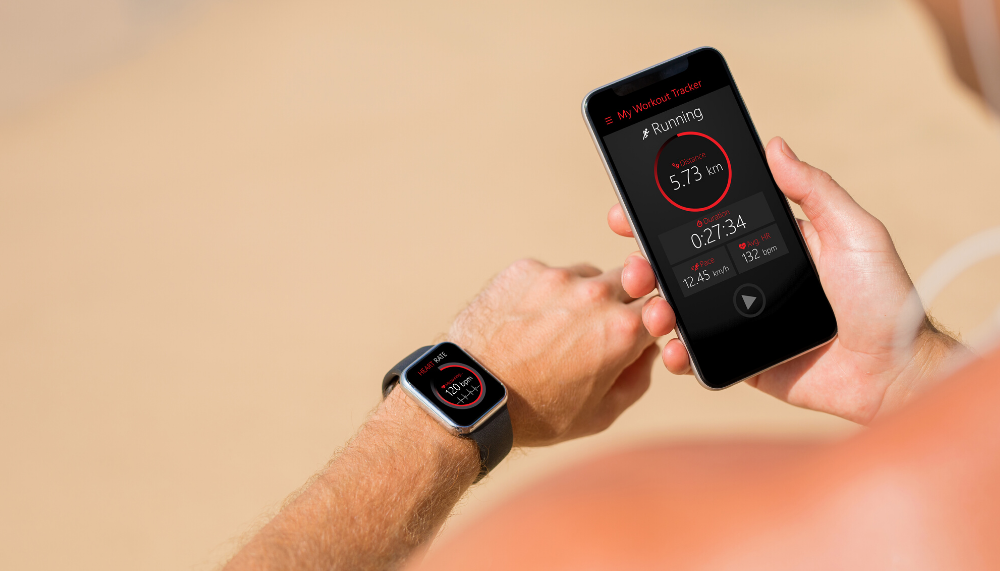How Big Data is Transforming the Healthcare Industry
The evolution of healthcare
What comes to mind when we think about healthcare? Most of us think about doctors treating patients with illnesses. True, but this is only part of a bigger picture. What we are seeing today is a system way more complex than that.
At an early age, healthcare was all about treating illnesses. When a patient falls ill, a doctor would come and treat the illness.
As technologies advanced in the past century, doctors were able to understand the science behind it and treat the underlying diseases that are causing illnesses.
More recently, medical tools and machines were invented to help detect and monitor diseases at their early stages, treating them before they cause any illness. This kind of long-term care has made it possible to indefinitely delay illnesses related to hypertension, diabetes, and heart diseases, significantly prolonging the life expectancy of humans.
From treatment to prevention: The role of machine learning
Today, the fourth industrial revolution is leading us to the next stage of preventative care. Apart from enhancing the technologies for treating diseases, we now have a new goal – to develop effective ways to prevent diseases.
How is that possible? Simply put, everything happens for a reason. If we were to find the factors causing each disease, we could hopefully eradicate them by eliminating their causes. Indeed, genetic factors are very difficult to modify, and we are not yet ready to apply genetic engineering to humans. However, what we can manage is the behavioral and environmental factors leading to a disease, such as what we eat, where we live, how we sleep, etc.
All factors work together in complex ways, making patterns that are impossible for us to model. This is where machine learning comes in. The Internet of Medical Things (IoMT) has made it possible to collect tremendous data on people’s behaviors and health conditions. For instance, wearable devices track one’s movement, heartbeat, blood pressure, and many other behaviors that a doctor won’t be able to track. These data will eventually add up to generate meaningful patterns. Artificial intelligence will then learn these patterns and help make highly accurate decisions on disease prevention.
Treatment, diagnosis, and now prevention – we are witnessing a paradigm shift in healthcare where the spotlight is shifting from reactive treatments to proactive and predictive care.
Early detection and diagnosis
Even though disease prevention is the paramount goal, it is unlikely that we can completely eradicate diseases any time soon. Nevertheless, even if preventative care fails, we can at least prevent diseases from developing into later stages by catching them early. AI is already being used for clinical diagnosis. Machine learning has made it possible to diagnose diseases quickly and accurately. Companies such as IBM’s Watson Health and Google’s DeepMind are working with healthcare practitioners to make cognitive technology available for diagnosis and treatment.
Take breast cancer for example, traditional mammograms generate high false-positive rates. As a result, one in every two healthy people were falsely diagnosed to have cancer. Not only has AI decreased false results to less than 1%, but it is also 30 times faster at generating results, significantly relieving the burdens of both doctors and patients.
Connected care: A better healthcare experience for all
In the coming decade, healthcare providers will be increasingly connected so that people no longer need to travel long distances to the general hospitals. All data will be shared in real-time between a whole network of clinics, pharmacies, and even IoMT devices on the go. A central command center will be responsible for receiving and sending a tremendous amount of big data for analysis and machine learning.
Connected care will allow truly personalized support for everyone. With real-time data transmission, patients can seek help and advice anywhere, eliminating wait times and inefficient processes. Moreover, AI can be better at understanding a patient compared to general practitioners. With the assistance of AI, optimized treatment plans can be made for every specific case, greatly improving the experience of both doctors and patients.
Healthcare safety: A growing concern
The more advanced technologies become, the more crucial their roles are, and the more likely they would be targeted by criminals. Big data collected from connected care would certainly contain highly sensitive information. Apart from one’s identification and medical history, information on location, food intake, life habits, and even genetics would all be included in the data.
The bad news is that healthcare providers are far from ready. According to a recent survey by PortSwigger, over 93% of healthcare providers suffered data breaches in the past five years, with an astonishing 1 in every 10 patients affected. Yet, only 21% of hospitals reported having a cybersecurity executive, with only 6% reported to have a chief information security officer (CISO).
Leaking sensitive information is bad enough. What’s worse is the disruption of operations. The more healthcare relies on technology, the more vulnerable we are to cyberattacks. A DDoS attack would easily flood the system to disrupt service, which is critical for emergency situations. An even more serious concern involves the manipulation of data. If pieces of data stored in the system are manipulated by criminals, life-threatening consequences can occur.
A simple rule of thumb: as one adopts new technology, cybersecurity measures should always be adopted at the same pace, if not faster. (Penta Security’s healthcare information security solutions are chosen by many healthcare providers in Europe. A popular product used in healthcare is MyDiamo, an open-source database encryption solution that allows organizations to encrypt their data easily. Click here to learn about MyDiamo.)
Sources: PWC, PortSwigger
Check out Penta Security’s product lines:
Web Application Firewall: WAPPLES
Web Application Firewall for Cloud: WAPPLES SA
Database Encryption: D’Amo
Authentication: ISign+
Smart Car Security: AutoCrypt
